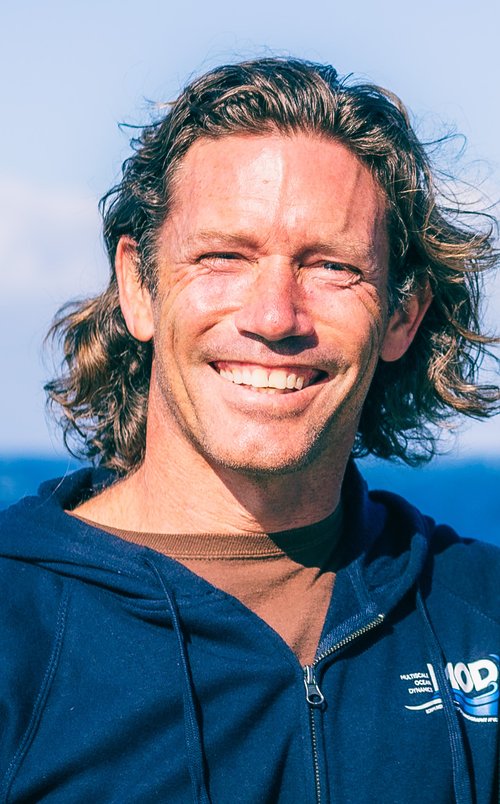Matthew Alford
Scripps Institute of Oceanography
University of California San Diego
Seminar Information
Engineering Building Unit 2 (EBU2)
Room 479 (von Karman-Penner Seminar Room)
Seminar Recording Available: Please contact seminar coordinator, Jake Blair at (j1blair@eng.ucsd.edu)

Turbulence is key to the ocean’s ability to sustain a pole-to-pole overturning circulation, as well as other societally important activities such as carbon sequestration and deep sea mining. Recently, attention has highlighted the special importance of the detailed fluid mechanics of near-bottom turbulence. I’ll describe recent developments in our ability to measure turbulence simply and inexpensively from a new series of in-house developments, and progress in understanding the role of deep internal gravity wave breaking events in transforming water masses in the ocean.
Professor Alford is a seagoing physical oceanographer, the head of Scripps’ Oceans and Atmospheres Section, the co-founder and engineering lead of the Multiscale Ocean Dynamics group at SIO/UCSD and the co-founder of atdepth LLC, a company providing fluid mechanics-based guidance to deep-sea-mining stakeholders. He develops and employs novel instrumentation to better describe and understand turbulence and other ocean processes; however, he is also interested in how these affect both coastal ecosystems and the larger-scale ocean circulation.
Professor Alford received a BA in Astrophysics at Swarthmore College in 1993 and PhD in 1998 from the Scripps Institution of Oceanography. In 2002 he received the Office of Naval Research's prestigious Young Investigator Program (YIP) Award, and in 2009 received the University of Washington College of Fishery and Ocean Sciences' Distinguished Research Award.
He has spent over three years at sea, and has published over 140 refereed articles in top-tier journals including Nature and Journal of Physical Oceanography, and has led many ambitious experiments funded by the Office of Naval Research and the National Science Foundation.
